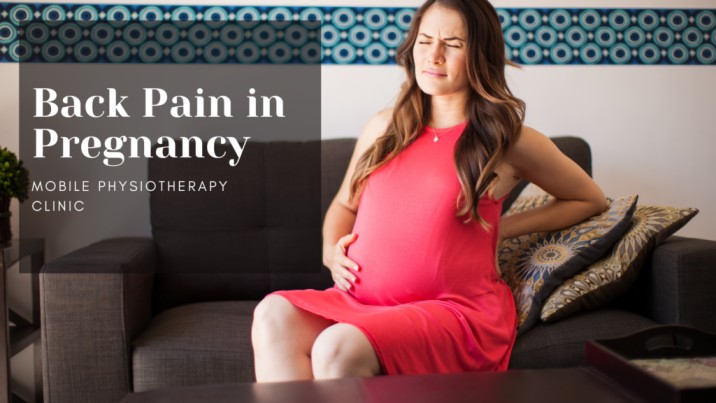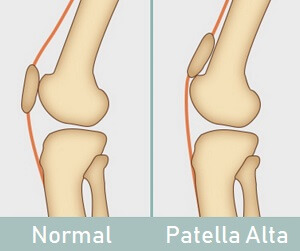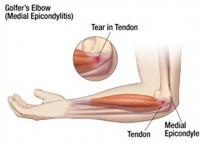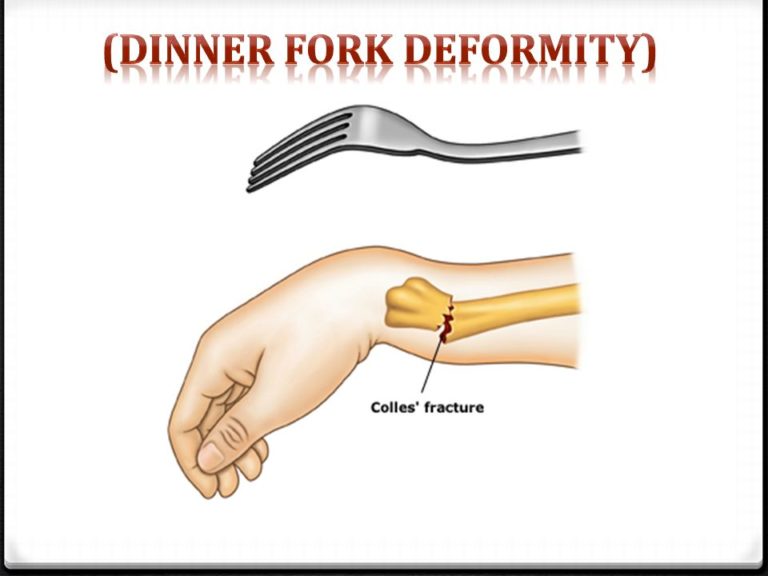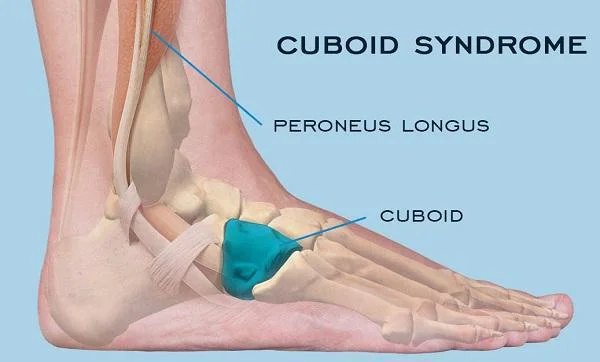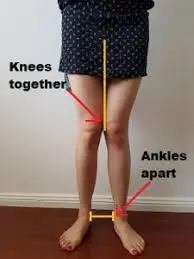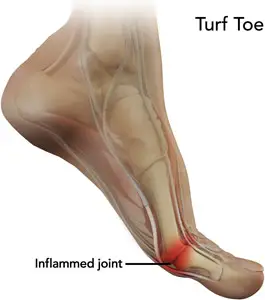Back Pain in Pregnancy
We are going to tell you about “Back Pain in Pregnancy”? You’ll also be going to know “Causes of Back Pain in Pregnancy” and most importantly “What to do“.
It is very common to get back pain or backache during pregnancy, especially in the early stages.
During pregnancy, generally the ligaments in your body naturally become softer and stretch to prepare you for labour and activities to perform. This can put a strain on the joints of your pelvis and lower back, which can cause back pain.
Causes of Back Pain in Pregnant Women’s
Pregnancy back pain usually happens where the pelvis meets your spine, at the sacroiliac joint.
There are some possible reasons why it happens. Here are the 5 causes below:
- Posture Change – Pregnancy does shift your center of gravity and as a result, you might gradually even without noticing begin to adjust your posture and the way you move. This can result in back pain or strain.
- Weight Gain – During a healthy pregnancy, women typically gain between 25 to 35 pounds. The spine needs to support that weight. That may cause lower back pain. The weight of the growing baby and uterus also puts pressure on the nerves in the pelvis and back and on the blood vessels.
- Hormone Changes – During pregnancy, your body makes a hormone called relaxin that allows the ligaments in the pelvic area to relax and the joints to become looser in preparation for the birth process. The same hormone can cause ligaments that support the spine to loosen, leading to pain and instability.
- Muscle Separation – As the uterus expands, two parallel sheets of muscles, which run from the rib cage to the pubic bone, and can separate along the center seam. This separation can worsen back pain.
- Stress – Emotional stress can cause muscle tension in the back, which may be felt as back spasms and back pain. You can find that you experience an increase in back pain during stressful periods of your pregnancy.
What to do?
1. Practice Good Posture
As your baby grows, your center of gravity also shifts forward. To avoid falling forward, you can compensate by leaning back which may strain the muscles in your lower back and contribute to back pain during pregnancy. Keep these principles of good postures in mind:
- Hold your chest high
- Stand up straight and tall
- Keep your shoulders back and relaxed
- Do not lock your knees
When you stand, use a comfortably wide stance. If you stand for long periods of time, rest one foot on a low step stool and take time with frequent breaks.
Good posture also mean sitting with care. Place a small pillow behind your lower back or choose a chair that supports your back.
2. Get the Right Gear
Wear low-heeled, not flat shoes with good arch support. You should avoid high heels, which may further shift your balance forward and cause you to fall.
You can also consider wearing a maternity support belt. Research on the effectiveness of maternity support belts is limited, some women find the additional support helpful too.
3. Lift Properly
When lifting a small object, squat down and lift with your legs also. Do not bend at the waist or lift with your back. It is also important to know your limits. Ask for help if you need.
4. Sleep on Your Side
Sleep on your side, not on your back. Keep one or both knees bent and consider using pregnancy or support pillows between your bent knees, behind your back and under your abdomen.
5. Try Heat, Cold or Massage
While evidence to support their effectiveness is limited, massage or ice pack to your back or the application of a heating pad might help.
6. Physical Activity in Your Daily Routine
Regular physical activity might keep your back strong and can relieve back pain during pregnancy. With your healthcare provider, try gentle activities such as water exercise or walking. A physical therapist also can show you stretches and exercises that can help.
You can also stretch your lower back. Rest on your hands and knees from your head in line with your back. Pull in your stomach, rounding your back a bit. Hold for some seconds, and then relax your stomach and back, keeping your back as flat as possible. Gradually work up to 10 – 12 repetitions. Ask your healthcare provider about other stretching exercises also.
7. Consider Complementary Therapies
Some research suggests that Physiotherapy Treatment can relieve back pain during pregnancy. Chiropractic treatment can also provide comfort for some women as well. However, further research should be needed. If you are considering a complementary therapy, discuss it with your healthcare provider. Be sure to tell the chiropractor that you are pregnant.
When to Consult Your Healthcare Provider
If you have severe back pain during pregnancy or back pain that lasts more than two or more weeks, then talk to your health care provider. They can recommend medication such as acetaminophen (Tylenol) or other treatments too.
Keep in mind that back pain during pregnancy may be a sign of urinary tract infection or a preterm labor. If you have back pain during pregnancy that is accompanied by vaginal bleeding, burning during urination, or fever contact your health care provider right away.

